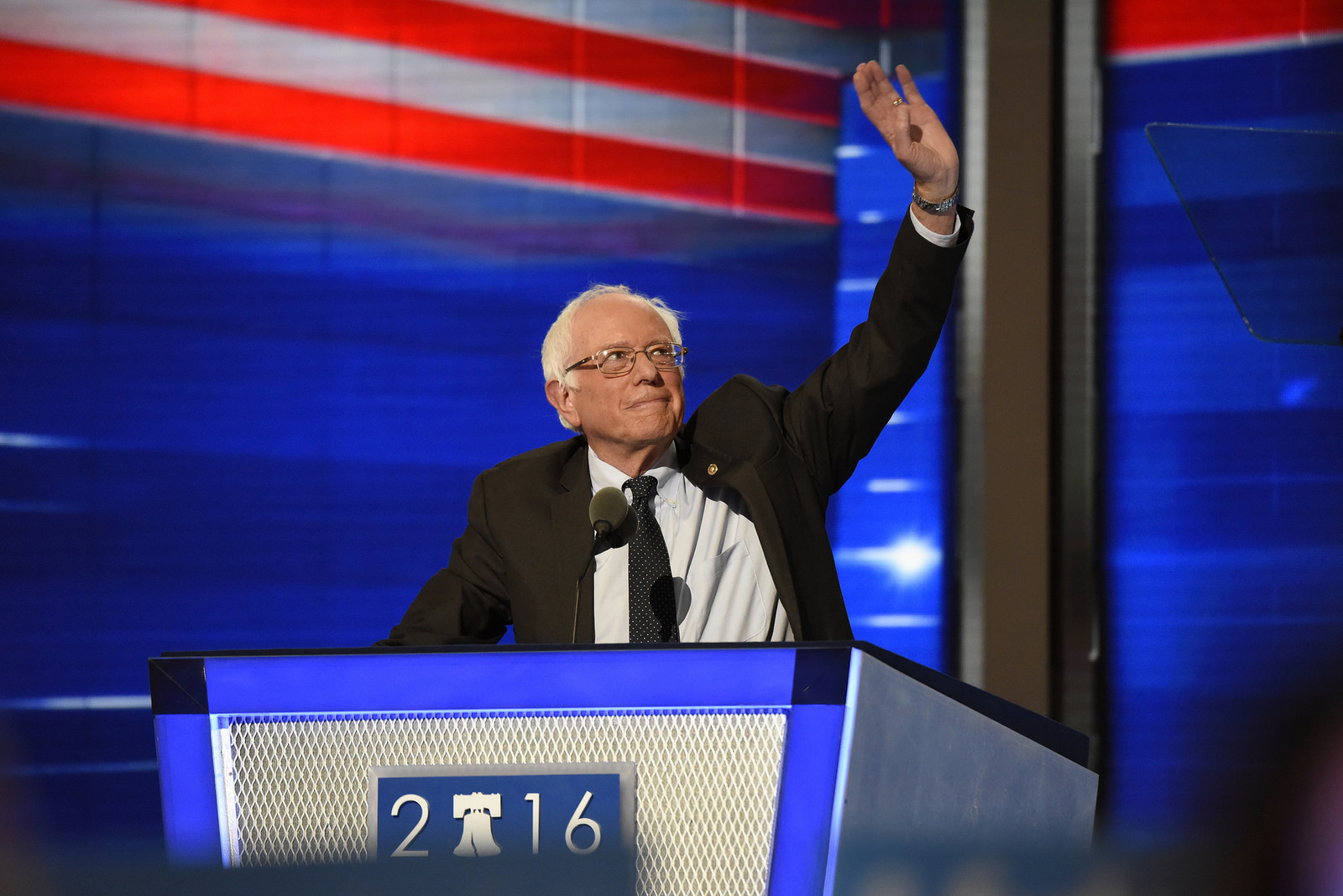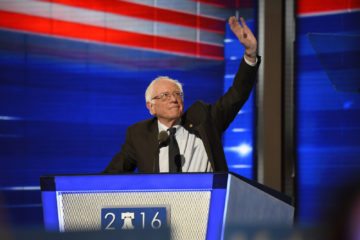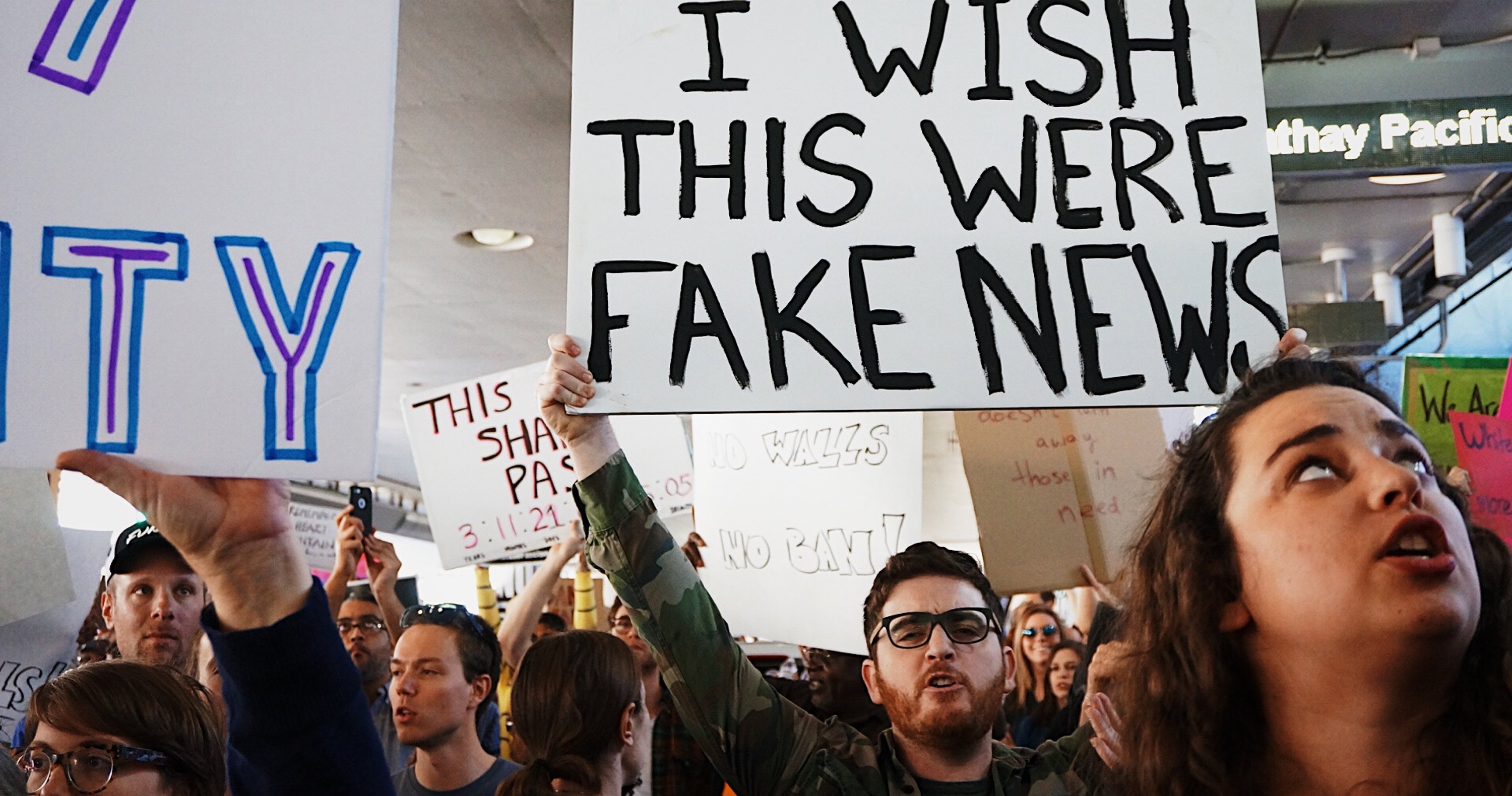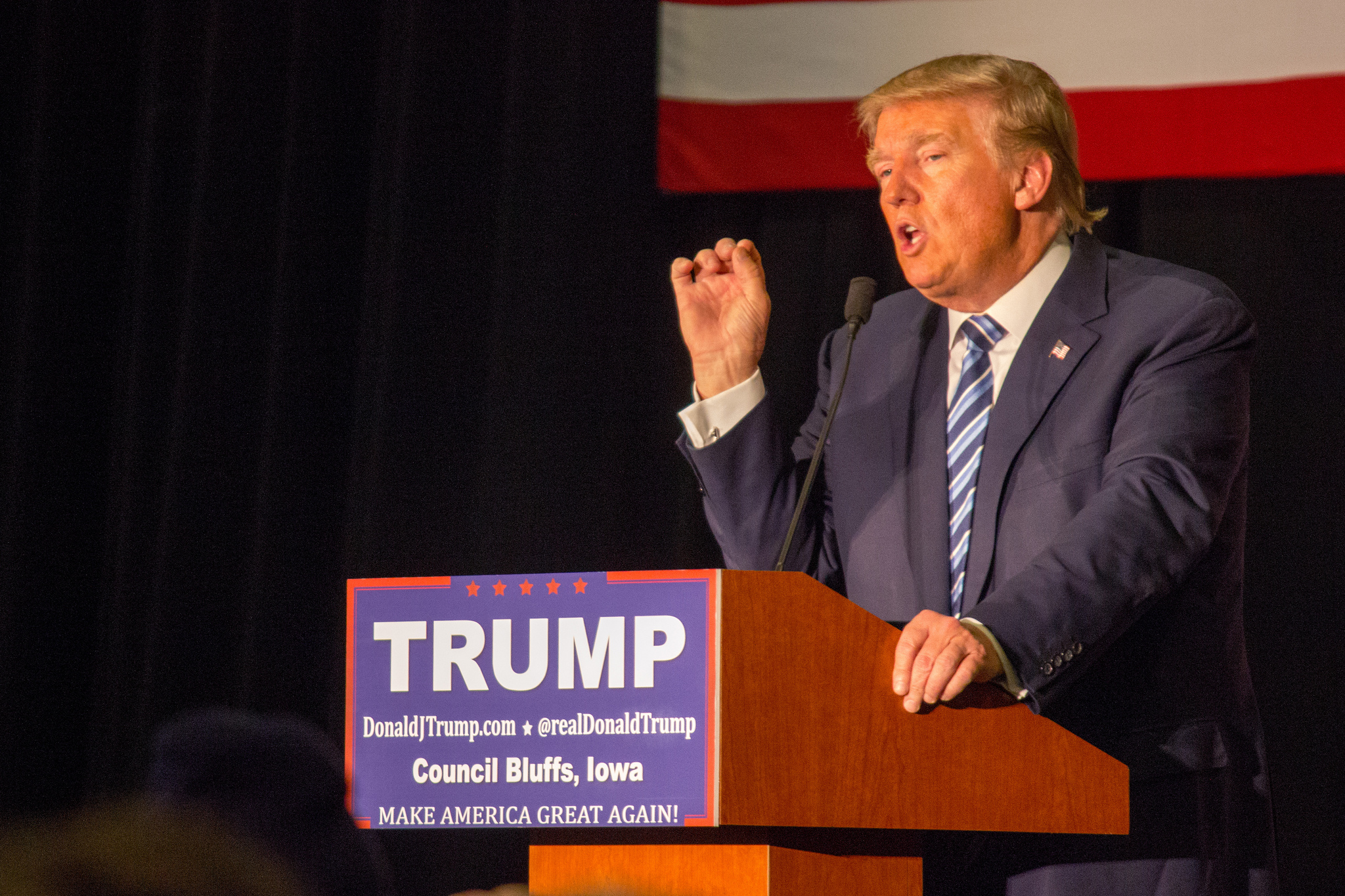
Dispatch from the DNC: The Dems are All Right
Nobody knows how to worry and fret quite like Democrats.


The core concept at the heart of this year’s Democratic National Convention is “unity.” There was not really supposed to be a need for unity at all, of course: it wasn’t supposed to be a contested primary. But it was, and a lot of Clinton supporters and Sanders supporters still harbor negative feelings not only about each others’ candidate, but each other. This week was supposed to be a turning point, and Monday’s finale, Bernie Sanders’ valedictory speech, a turning point of the turning point.
Last week’s GOP sock-hop in Cleveland, where Donald Trump imprisoned America’s TV audiences in his personal gilded Thunderdome for four brutal days, helped. As with so much else this year, Republicans are continually setting so low a bar that the Democrats need only fall in the right direction. And in Philadelphia on Monday, they did. Though there’s plenty of room to screw it up over the next few days, the convention’s opening night gave the impression that the Democrats, at least when it comes to the question of internal unity, are gonna be fine.
They’re gonna be fine, you guys.
Earlier in the day, it didn’t seem so. There were left-wing protestors on the ground in Philadelphia, and they talked freely to the army of reporters here. Some said they weren’t going to vote at all, or that Hillary should go to prison, or that Trump’s horror show presidency would be the rock-bottom moment America needed, etc. and etc. Soon-to-be-former Democratic National Committee head Debbie Wasserman Schultz was booed loudly Monday morning, and Sanders was too, at a breakfast speech where he urged his backers to vote for Clinton.
Liberals, especially on social media, settled into a high, panicky dudgeon: Green Party candidate Jill Stein could be the new Ralph Nader, they posited, tanking Clinton as Nader supposedly tanked Gore in 2000. This despite the fact that Stein’s last campaign in 2012 won the equivalent of five football stadiums’ worth of votes, no great powerhouse. All day, Democrats stormed about the lefties. These people, the ones dressing up in elf hats and marching a giant inflatable joint down Broad Street, would be the end of the Democratic Party and democratic freedom in America. Their resistance to Clinton was a revolt, and the irresponsible Sanders had to crush it.
Sure, polling has regularly suggested the overwhelming majority of Sanders supporters would back Clinton in the general, and that the party is more unified than it was in 2008. Certainly nothing the Sanders campaign has done in the last few months reaches the heights of the shivving the Obama and Clinton campaigns back then.
But nobody knows how to worry and fret quite like Democrats. And when the convention gaveled in late Monday afternoon, it seemed for a period as if the hand-wringing might have been appropriate. The first mention of Clinton’s name — during the invocation prayer, no less — elicited loud and immediate boos from a significant portion of the delegates. And so did every subsequent mention of Clinton.
The brunt of it fell on Martha Fudge, chairwoman of the convention, who had the misfortune of giving one of the first real speeches of the convention, a bog-standard address about Democratic values. Each time Fudge mentioned the party’s presumptive nominee, a fresh wave of boos erupted — that happened five or six times — until she appeared to become genuinely distraught and pointedly asked the delegates for respect.
If the jeers had kept coming at that volume, and continued into the prime-time speeches, it would have been truly awful for the Democrats. The Sanders supporters clearly didn’t care about the party’s optics, and didn’t much care about their own, either. When U.S. Congressman Elijah Cummings rose to talk about the platform and give a personal speech that described his personal history as the descendent of sharecroppers, they kicked off an anti-Trans Pacific Partnership chant that drowned out much of the back half of his speech — though Cummings has been less supportive of the proposed trade pact than the contentedly pro-business Congressman Steny Hoyer, who spoke before Cummings and left the stage mostly unscathed.
But the more times Clinton’s name was spoken on stage, the more the Bernard Brethren seemed to get tuckered out. The boos stepped down in volume, then diminished, then mostly disappeared. By the end of the night, booing was audible on some livestreams of the event, but not significantly noticeable in the arena itself.
Still, for much of the early part of the day it felt more like a Sanders convention than a Clinton one, with his supporters louder and more passionate than hers, but that changed too. Some later speakers chided the Bernie-or-Busters, like comedian Sarah Silverman, bringing some of the audience’s fight back out. Mostly, the quality of the speakers got better.
But successive speeches by New Jersey Senator Cory Booker, Massachusetts Senator Elizabeth Warren, and First Lady Michelle Obama restored energy and positivity to the arena. The First Lady particularly sparkled. Four years ago, Bill Clinton gave an extremely strong speech in favor of Obama’s re-election bid that some felt had “rescued” his campaign, after years in which the two families were thought not to be especially close. Michelle returned the favor: Her emotional address, which whipped the arena into a frenzy, seems likely to be one of the few lasting memories formed by this convention.
And finally, Sanders. Though he’ll continue on in the senate, his appearance Monday marks a sort of retirement in his long public life. He gave a version of his stump speech — the one percent, the call and response at the mention of his average $27 donation, the talk about his “political revolution” — for the benefit of his supporters.
Many, he said, were disappointed. “I think it’s fair to say no one is more disappointed than I am,” he said. But his supporters should “take pride in the historical accomplishments we have achieved.”
He laid out, issue by issue, the reasons he favored Clinton over Trump, which is not a hard sell, but also, implicitly favored Clinton over third-party candidates.
“If you think you can sit it out, take a moment to think about the Supreme Court justices Donald Trump would nominate,” he said, “and what that would mean for the future of equal rights in this country.”
Sure enough, a lot of early media accounts led with the booing. The press will continue to highlight party division. Democrats will continue to worry, intensely, about keeping their coalition intact. And the week holds more opportunities for conflict.
But Democrats should stop worrying so much about the left. It is not particularly important whether the Sanders supporter who last voted in a presidential election when they wrote in Bob Avakian’s name in 1996 votes for Clinton, or whether some Sanders supporters from solidly-blue New York sit it out, or vote instead for Gloria La Riva of the Party for Socialism and Liberation.
Most won’t. Clinton, and the Democrats, have huge advantages. Though Clinton continues to have some unique baggage that would make her vulnerable in a normal year, the Democratic ticket is decent. Tim Kaine is a fine vice presidential candidate. And the party has strong surrogates, a popular incumbent to count on, a built-in advantage in the electoral college and an atrocious opponent.
If the Democrats can’t win comfortably this year, they have much bigger problems than Bernie’s holdouts. And so does the country.
Read more coverage from the Democratic National Convention here.


